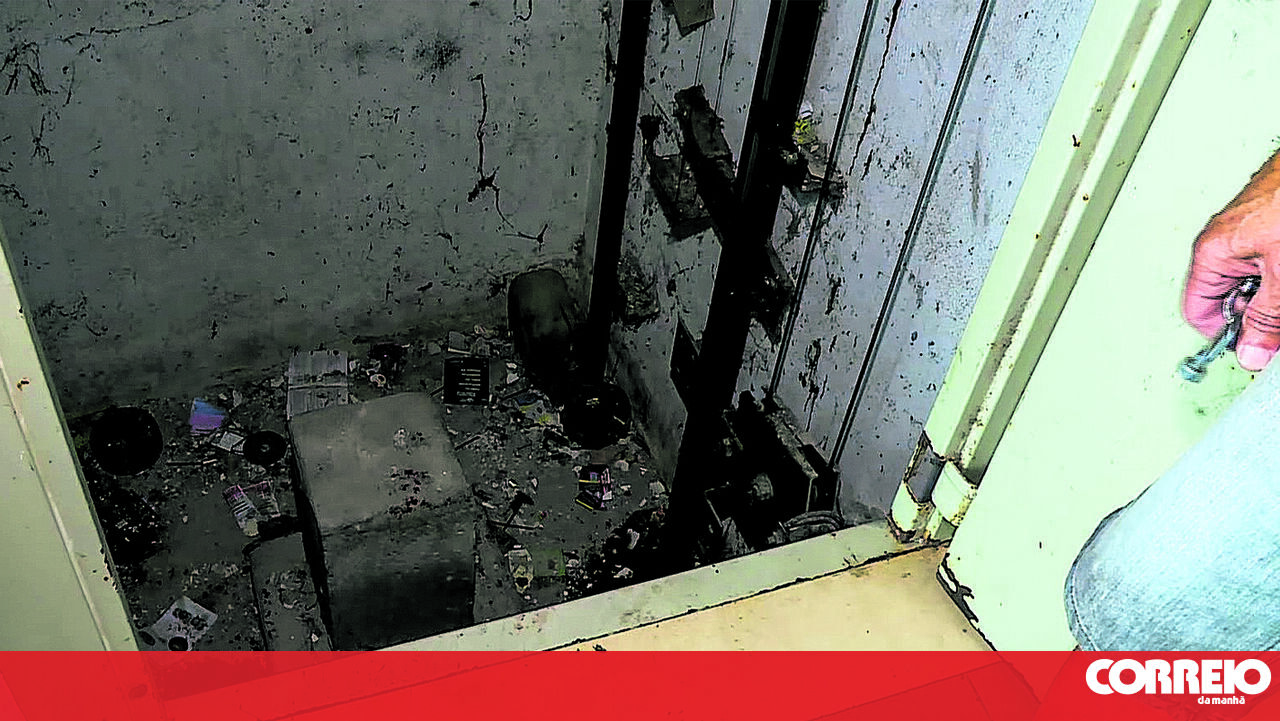Government Asserts No Red Lines in Labor Law Reforms
Minister of Labor and Social Security, Rosário Palma Ramalho, stated on Monday that the government has not imposed any red lines on the proposed changes to labor laws and hopes the opposition will follow suit. This announcement came during her visit to the groundbreaking ceremony for a new daycare at Santo André Hospital in Leiria.
Last week, the government began discussions with social partners on the draft bill presented in July, which includes a comprehensive review of labor legislation. Ramalho emphasized that a constructive dialogue should be free of red lines, saying, "The government has not set any red lines, but also expects the opposition not to do so, because a constructive dialogue is truly without red lines."
The proposed project contains over 100 amendments to the Labor Code, described as a "deep reform." Ramalho expressed confidence in the negotiation process, noting that the government has had a positive year and a half of dialogue with social partners and expects this to continue.
She added that everything is on the table, as long as the government maintains its guiding principles, which include flexibilizing some very rigid labor regimes. Portugal faces a competitiveness and productivity deficit, with low wage levels, and the reforms aim to find solutions to help wages rise.
The proposals aim to promote and strengthen workers' rights, reinforce collective bargaining, enhance the role of trade unions, and ensure a more balanced approach to the right to strike in relation to essential social services.
Pilot Project 'Hospital at Home for Seniors' Launched
In a related development, the government is launching a pilot project called 'Hospital at Home for Seniors,' designed to provide integrated home care for the elderly, combining social support with health services. This initiative, prepared in collaboration with the Ministry of Health, aims to allow seniors to remain in their homes while receiving necessary care, potentially reducing the need for residential care facilities and easing pressure on hospital emergency rooms and beds.
Ramalho highlighted that many elderly individuals prefer to stay in their familiar environments near family, and this project could delay or eliminate the need for institutional care. No specific start date or region has been defined yet for the pilot.


















Comments
Join Our Community
Sign up to share your thoughts, engage with others, and become part of our growing community.
No comments yet
Be the first to share your thoughts and start the conversation!